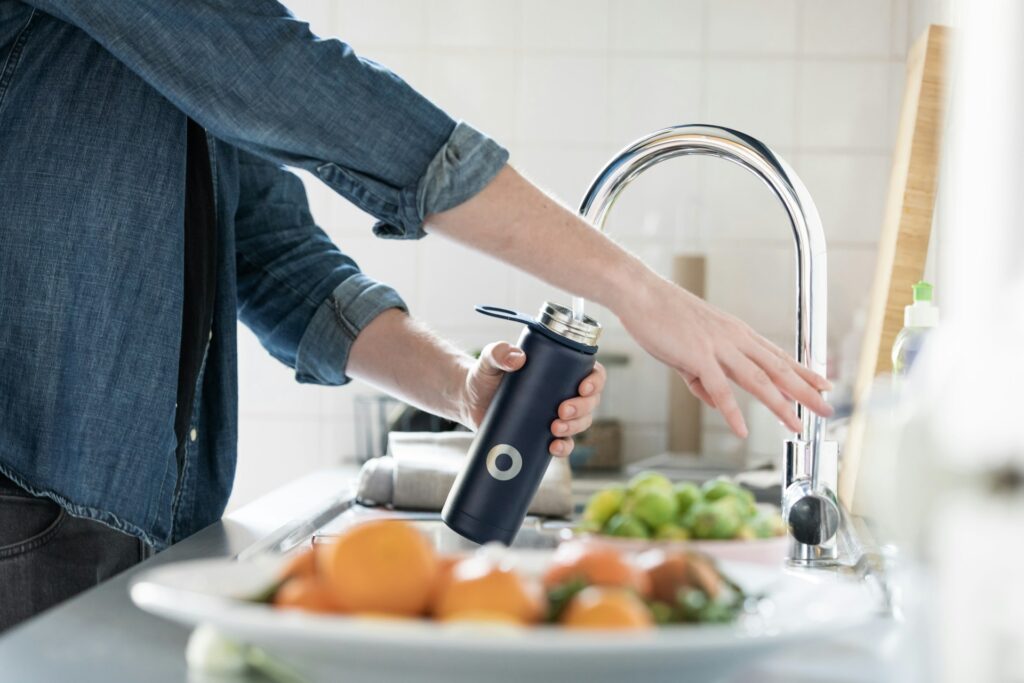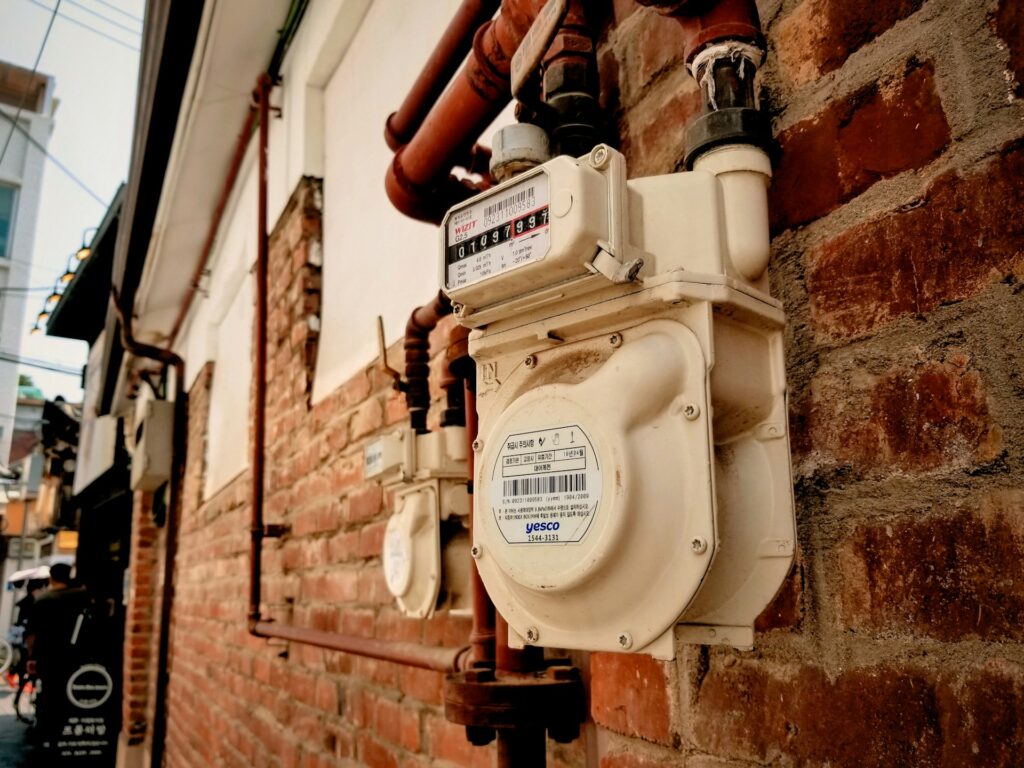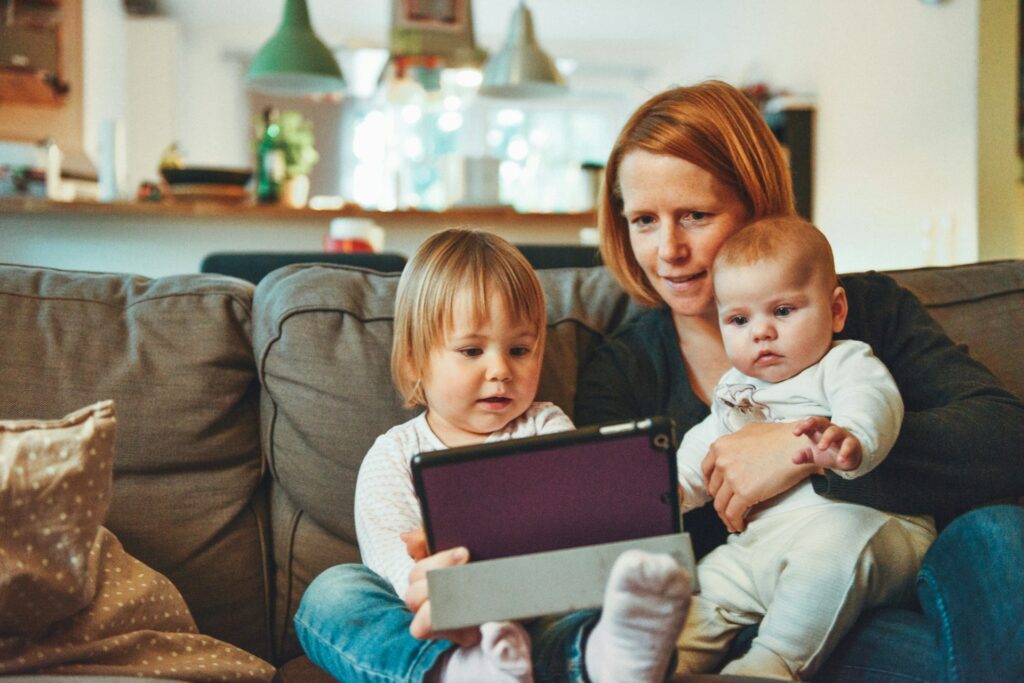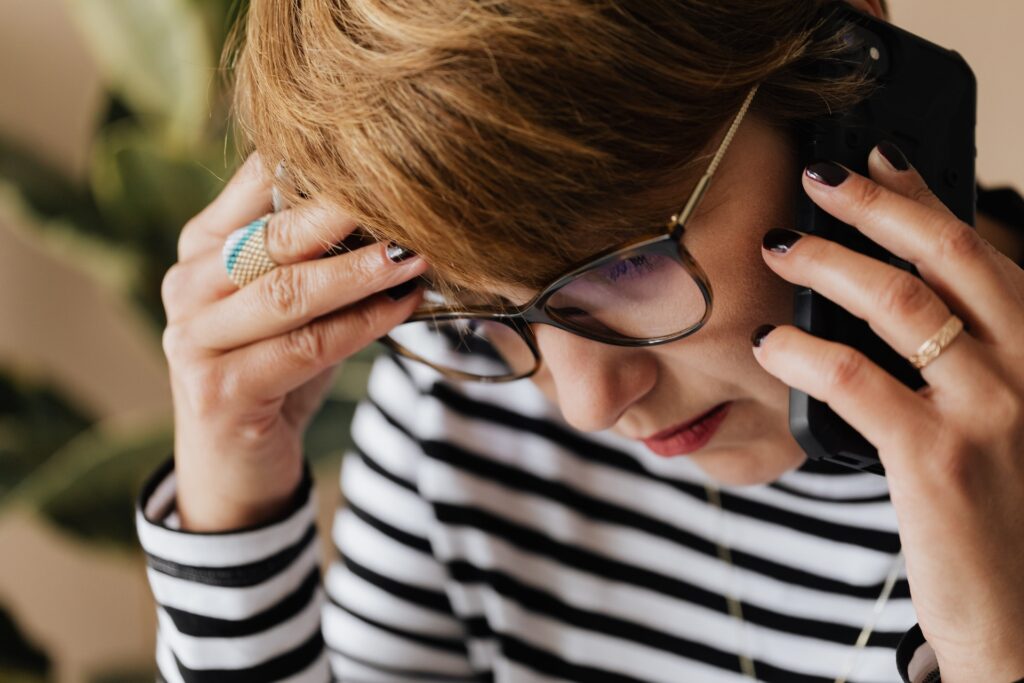From electricity to Wi-Fi, setting up utilities in Portugal is easier than you think—let’s get started!
Portugal was ranked the seventh friendliest country in the European Union, according to Condé Nast Traveller’s Readers’ Choice Awards. Therefore, people have been moving to Portugal at a frequent rate.
If you are also moving to a new house in Portugal, you must know that it comes with many responsibilities, one of which is setting up utilities. While it might seem easy, there are intricacies involves in each step when setting up utilities.
This blog will discuss setting up utilities quickly and how to get them done.
Utilities in Portugal
Setting up utilities in Portugal is essential to ensure you live a comfortable life with all the necessities set up. Here’s a list you need to know for setting up utilities for new house:
- Electricity
- Gas (natural gas or LPG)
- Water
- Waste Collection
- Home Communications Include the Internet, phone, and television.

Requirements For Setting Up Utilities
Need help figuring out where to begin? Here’s a simple process that will walk you through each step of setting up utilities:
1. Gather the Required Documents
Before you start setting up utilities, you’ll need to have the following documents ready:
- Portuguese address: Setting up utilities and registrations requires a home address.
- Identification: Any form of identification will do, especially a passport when from Europe; an ID card would suffice. However, foreigners will also require their NIF (tax number).
- NIF (Número de Identificação Fiscal): This is necessary for nearly all the administrative procedures in Portugal, which includes setting up utilities.
- Proof of address: This could be your lease agreement or deed of the property that you want the renters to sign.
- Portuguese phone number: This local number will help make conversation with utility providers easier.
- Bank details: Regarding funding, the Portuguese bank details are perfect, but most providers now accept European bank accounts with IBANs.
- Previous tenant’s bill (if applicable): Some providers may request the code of supply point (CPE) in the previous occupant’s electricity invoice.
2. Choosing Your Utility Providers
After you have all your essential papers in place, the next thing to do when setting up utilities is choose your service providers. Here’s a quick overview of the most popular service providers for each utility:
Electricity: The two most famous companies are EDP and Iberdrola. Some of their plans include fixed or variable rates. Most go for EDP since it is the largest electricity company in Portugal.
Gas: Companies like Galp or EDP supply natural gas and bottled LPG to homes not connects to the gas network.
Water: The source of water is the local municipal companies. Some examples of such companies are Águas do Tejo or EPAL which operates mostly in Lisbon and its surroundings, and Águas do Norte, which operates mostly in northern Portugal.
Waste Collection: Controlled by the local municipality. No particular provider is requires to set these up.
Internet, Phone, and TV. The internet, phone, and television services can provides under one package by MEO, Vodafone, and NOS.

3. Registering for Utilities
After deciding on your utility providers, the next thing is to sign up for the entities you prefer to work with. You can typically complete this via website submission, phone, or person. Here’s how you can begin setting up utilities through online registration:
Electricity and Gas: While applying for electricity or gas connections, you must submit proof of identification, NIF, proof of residence, and bank information.
For instance, when connecting to a gas line, you may be required to supply the CPE code found on the previous tenant’s bill. You can also request delivery and set up bottled LPG.
Water: When putting up water services, you will communicate with your provider online or physically by going to the office.
For this purpose, you shall be required to furnish your NIF with proof of address and, at times, your lease agreement. There are times when it will be necessary to provide a meter reading.
Home Communications (Internet, Phone, TV): These services can be combined and provided at a discounted price. If you want utilities to establish telecom services, the requirements include identification, NIF, and bank information.
Mobile communications providers, such as MEO, NOS, and Vodafone, will also ask for your address to see if they can provide services in your area.
4. Installation and Activation
Once you have registered and finished setting up utilities, your next step is to begin installation and activation of the utilities.
Electricity: As for electricity in Portugal, product activation always requires 72 business hours up to 5 business days. It is comforting to know that if there is a previous disconnect, the reconnection does not involve a technician coming to your home.
Gas: Installing natural gas takes a few days, while bottled LPG can be delivered instantly.
Water: When establishing your water account, you may be required to arrange a meter reading or wait for a notice of account activation.
Home Communications: Internet and TV installation may only require 5 to 10 days, depending on the provider and the location.

Can I Choose My Utility Supplier?
Currently, the utility market in Portugal has undergone many reforms. As a result, there has been more competition, consumer options, and service delivery in the electricity, gas, telecommunication, and water sectors.
When setting up utilities in Portugal, it’s essential to consider the various service providers available across these sectors.
At present, the adaptability of electricity consumers was complets in 2006, which means that consumers may freely decide with whom they shall have an electricity supply.
Municipal bodies usually provide the physical water infrastructure; sometimes, consumers have no options other than their water provider. In contrast, the water market functions differently with the recently liberalized electricity and gas sectors.
As previously explained, competition in Portugal’s telecommunications market has been long-running. Telecommunications for landline and mobile phones, internet service, and other communications services allow consumers to choose their preferred carrier independently.
How To Set Up Utilities When Buying A House?
Here is the step-by-step process of setting up utilities in a new apartment or house:
Electricity in Portugal
The first utility that each person requires is lighting. Most of these service providers include EDP or Iberdrola, and the process can be done online and physically. You’ll need to provide:
- Passport or identification.
- NIF number
- Proof of address
- If the property was occupied before, the electricity bill of the previous tenant (if provided by him).
Electricity plans fall into two categories: fixes and variable. Fixed plans offer fix prices for the duration of your contract, while for variable plans, the prices may fluctuate due to consumption and rates. Your usage and the time of day you use electricity can affect your rates.
However, the electricity can be connected after 4-5 days of registration. If the previous tenant disconnected it, there is no problem at all. Reconnection usually does not involve entering one’s house.
Gas in Portugal
There are two main types of gas in Portugal: Liquefied petroleum gas (for areas without a gas network) and natural gas, which is used for cooking and heating. For setting up utilities for gas, you must connect with a gas supplier like Galp.
For the connection, you will need the same documents as for electricity, and you may need a previous gas bill containing the CPE code for natural gas. However, the setup process may vary depending on the type of utility you need.
Water Supply in Portugal
In Portugal, the local municipalities usually offer water services, and you will just be responsible for setting up utilities accounts with local providers like Águas do Tejo or EPAL in Lisbon. You will usually have to present your identification, residence proof, and NIF.
Bills usually include water consumption, sewage, and waste charges. The providers visit your premises once every three months to read your meter, and you can choose bank transfer, direct debit, or online payment methods.
Waste Collection and Recycling in Portugal
Garbage disposal in Portugal is the responsibility of the municipal authorities, and citizens have to recycle waste squander. Fortunately, you do not have to arrange for the means of waste disposal, as it is considered one of the local services.
Home Communications (Internet, Phone, and TV)
In Portugal, telecommunication services include internet service providers as well as phone and television service providers. The main providers include MEO, NOS, and Vodafone, which usually offer packages in which you can avail of internet services along with television services at a reduces cost.
When setting up utilities, check the network coverage in your areas before choosing a service provider to ensure smooth operation.
You should note that rural areas may not have a high coverage service in your area. However, you can choose options like flash optic or 4G for fast, which are limits to certain providers.

Costs of Setting Up Utilities in Portugal
In general, the cost of setting up utilities is relatively low in Portugal, but once again, they fluctuate based on the location of your house, consumption rate, or the type of contract you sign. Here’s a breakdown of average costs:
Electricity: The average monthly cost of electricity per household is between €50 and €100 depending on consumption and if you have a fixed or variable tariff.
Gas: Natural gas is relatively cheap for cooking and heating, costing between €20 and €60 per month. However, the cost of bottled gas may vary depending on the need for a refill.
Water: The prices for water services range from €30–€60 per month depending on the quantity of consumed water.
Waste Collection: The waste collection is generally included in municipal taxes and has no monthly tariff. However, there may be a small fee for additional waste services.
Home Communications: Internet offers from €20 up to €50 monthly, while the packages that include TV and phone cost between €40 and €70.
How to Cancel Utilities in Portugal?
Moving out? You should cancel your existing utilities connections. No matter which part of Portugal you live in, it is easy to cancel utilities. However, there are a few essential steps to be followed properly:
Step 1- Notify Your Providers in Advance
First, notify your utility companies that are providing you with the services and ask them to stop the service 30 days before you move out. This is sufficient time to attend to any last-form billing that may be required.
How to Notify:
You can write your utility providers at:
Phone (try to call their customer service).
Website (Many utilities will accept cancellation through changes made online or through an email).
In-person (Some providers may need one to visit their physical office).
Step 2 – Provide a Final Meter Reading
In electricity, gas, and water services, you must provide the meter reading to allow the companies to bill you accurately. Make the last reading on the day of check-out or one day before the day you want to cancel.
The meter reading may be provided online, by phone, or physically at the provider’s discretion. Also, the meter reading should be taken occasionally to avoid unexpected situations when the measurements are disputed.
Step 3 – Settle Any Outstanding Balances
Your utility provider will then come up with the final bill after you have provided your last meter reading. Make sure all your expenses are cleared before you exit your property.
Your provider may send the bill to a collections agency or apply penalties if any balance is outstanding. Some utility firms will repay or give you any credit balance you overpaid.
Step 4 – Return Equipment (If Applicable)
For telecom services, the rental might involve an internet connection, TV, or phone; gas services could be invoked for cylinders, etc.
Internet/TV: If you took any equipment for rent, such as a TV or TV box router, return it to the provider. This is usually a condition for contract termination.
Gas Cylinders: If you’re using bottled LPG, see that you return the cylinders to the provider or nearest collection center.

Step 5 – Get Confirmation of Cancellation
Before discontinuing the utility service physically, financial obligations must be cleared by paying the utility company any balance remaining on your bill.
Get an email confirmation or a formal letter from the provider to indicate that the contract has been canceled and that they have given you the final amount to pay.
Make sure to save the confirmation of cancellation for your database or records as well. This can be beneficial if, for instance, there are disputes or if, in the future, there are questions that need to be answered.
Step 6 – Check for Additional Penalties or Fees
Most utility providers may incur cancellation fees, especially if you are still under contract. The best thing to do is look at your original utility documents to see the terms for early cancellation.
However, if you cancel before the end of a contract period, you will be charged extra, such as the cancellation fees. Some providers may exempt you from these charges, for instance, if you transfer to a new home within the service region.
Step 7 – Cancel Automatic Payments or Direct Debits
If you have authorized authorities to withdraw utility bill payments through an automated manner, make sure you disable them after contract cancellation. This will ensure that your accounts are not drained repeatedly by these payments.
Check your bank account and see if your bill has changed after you cancel the subscription. If needed, notify your bank that you have canceled the utility services and automatically stopped any payment.
Step 8 – Keep Your Contact Information Updated
If you are changing your residence or even provider, it is also essential that the utility companies provide you with your new contact details. This will guarantee that they can reach you in case of any problems regarding the final bill or your account.

Find Your Dream Property with Us!
Portugal Investment Properties is your gateway to smart real estate investments in Portugal, offering savvy investors access to an exclusive collection of carefully curated properties.
Whether you are searching for your dream home or a prime investment opportunity in Portugal’s prestigious market, we provide more than just listings–experience a personalized journey tailored to your aspirations.
Begin your journey to discover your perfect Portuguese retreat. Contact us today!
Frequently Asked Questions About Setting Up Utilities in Portugal: Easy Guide for New Residents
Are utilities included in rent in Portugal?
Utilities are typically not included in your monthly rental costs. You will normally pay for electricity, water, gas, and telecommunications. However, some landlords may already have an agreement with a service provider.
How to pay for water in Portugal for Setting up Utilities?
Water bills in Portugal are generally paid on a bi-monthly basis. When setting up utilities for your home, you can choose from several payment methods, including direct debit or payments via Multibanco ATMs.
How to pay an electricity bill in Portugal on Setting up Utilities?
When setting up electricity services with providers like EDP, you can pay your bills via direct debit from your Portuguese bank account or any other account within the SEPA system.
What part of Portugal is the cheapest to buy a house?
If you’re looking to buy property, the cheapest areas to purchase a house are Gavião and Nisa in the district of Portalegre and Figueira de Castelo Rodrigo in Guarda. These towns are known for their lower property prices, according to a study from Idealista in June 2023.
Who is the cheapest energy supplier in Setting up Utilities?
Iberdrola’s Casa plan is Portugal’s cheapest energy provider for electricity tariffs. Other competitive suppliers, including EDP, Endesa, and Goldenergy, offer closely priced electricity options.
Do I need to be at the property when the utilities are set up?
In most cases, you will not need to be physically present at the property during the process of setting up utilities. However, some providers may require access to the property for installation or setup.
How soon should I contact utility providers?
It’s advisable to contact the utility and home communication providers at least a few weeks before your move-in date. This will allow enough time to set up utilities, process applications, schedule installations, and complete necessary paperwork.
Do I need heating in Portugal?
While Portugal generally has mild winters, especially in the southern regions, it’s still wise to consider heating when setting up utilities in your home.
Should I consider installing air conditioning for the summer season?
Yes, especially if you plan to live in hotter regions like the Algarve or Alentejo, where summers can get quite warm. Setting up utilities with air conditioning can significantly improve your comfort during these months.
Can I Setting up Utilities online or over the phone?
Yes, many utility providers in Portugal offer the convenience of setting up utilities online or over the phone. This process is quick and easy, allowing you to arrange services from the comfort of your home.
What utility companies are in Setting up Utilities?
Some of the major providers include EDP for electricity, Águas de Portugal for water, Galp for gas, and MEO, NOS, Vodafone, and NOWO for telecommunications.